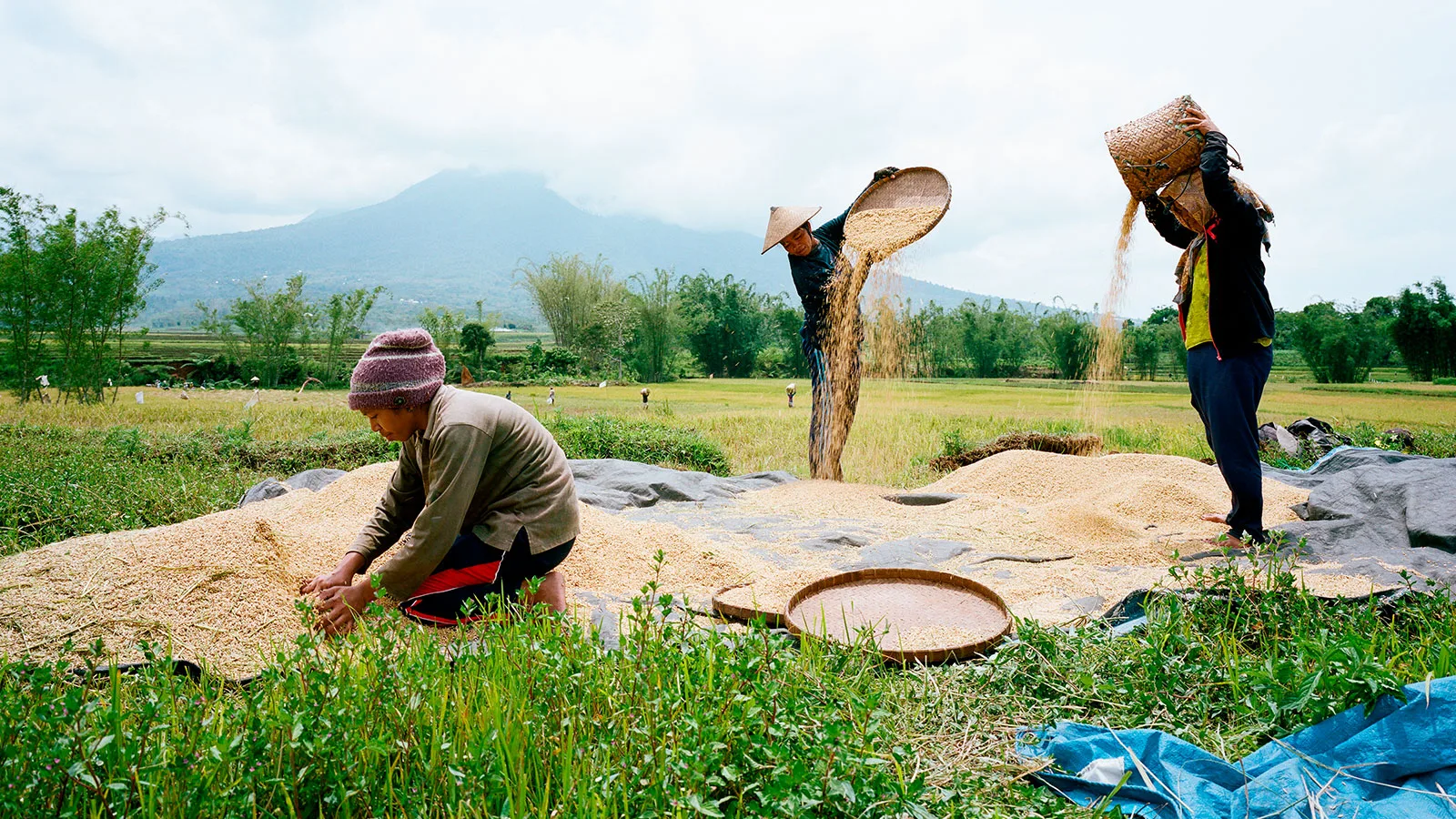WBCSD calls for stronger alignment and accountability on nature across value chains
As part of its ongoing initiative to harmonize the use of nature-related metrics for business, today WBCSD releases an insight piece highlighting the specific challenges faced by downstream actors in the forestry and agri-food value chains. Drawing on the experience of a working group of 24 companies active in these value chains, the piece explores the difficulties related to measurement and place-based target setting. It calls for stronger collaboration to strengthen accountability across entire value chains, supported by more detailed and prescriptive guidance for actors operating downstream.
Geneva, 19 September 2025 – Today the World Business Council for Sustainable Development (WBCSD) shares insights into the challenges related to the use of nature-related metrics and setting place-based targets for downstream actors in the forest and agri-food value chains.
Achieving the Global Biodiversity Framework’s target of halting and reversing nature loss by 2030 and securing full recovery by 2050 demands coordinated action across sectors and value chains, with careful attention to where and how interventions take place. Because impacts and dependencies on nature are often hidden within complex value chains, companies face increasing pressure to measure and disclose these across their operations and across their value chains. However, driving meaningful action in supply chains requires access to relevant and feasible metrics and data, along with clear guidance on how to consistently measure and report impacts across the full value chain.
Existing guidance on addressing and disclosing value chain impacts and dependencies remains high-level and process-based, typically enabling companies to begin with limited efforts and scale up over time. While this flexibility is valuable, it can leave downstream actors – who are typically far removed from the sourcing locations where nature impacts occur – without sufficient direction on how to prioritize and operationalize disclosures across their value chains. To tackle this challenge, WBCSD convened a working group of 24 companies operating across the forest and agri-food value chains, to prioritize metrics, reflect on existing practices, and pinpoint some of the practical challenges related to identifying relevant nature-related metrics and setting place-based targets.
The insight piece underscores that, over time, all businesses will need to trace, manage, and measure their impacts on nature through prescriptive guidance, robust data, and harmonized standards, including the ability to set place-based targets aligned with ecological thresholds and specific ecosystem contexts. In the meantime, downstream companies require practical approaches to nature measurement and target-setting that enables impactful action, even in the absence of direct control over outcomes on the state of nature. To realize this potential, the insight piece calls for greater collaboration between businesses, standard-setters, regulators, and other ecosystem actors to equip downstream actors with more detailed and prescriptive guidance on nature measurement and target setting to unleash their full transformative potential and redistribute accountability across the full value chain.
This insight piece is released alongside an Excel-based metrics tool to support companies downstream in finding metrics that are relevant for their suppliers, and report on their own company’s actions as customers of bio-based products. The tool is available on request (contact nature@wbcsd.org) until integration of the metrics into the Nature Action Portal, set for release in November 2025.
Harmonizing nature-related metrics across sectors and value chains will enable financial systems to compare investment opportunities more consistently, reduce exposure to risks from declining ecosystem services, and help close the USD 700 billion annual biodiversity financing gap. We look forward to collaborating with our members and partners on the release of the Nature Action Portal in November this year.
Dominic Waughray, Executive Vice President, WBCSD
As a global brand with diverse operations, identifying the right nature-related metrics across our value chain ensures we are taking the right actions to reduce our negative impact and support ecosystems. With forestry and agricultural raw materials critical to our home furnishing products and food range, we were pleased to contribute to WBCSD’s work on bio-based value chains and look forward to the release of prioritised metrics to guide meaningful decision-making that benefits both nature and business.
Christina Niemela Ström, Head of Sustainability at IKEA Supply
Assessing nature impacts along multi-tier and dynamic value chains for the agri-based and forestry sectors is both inherently challenging and absolutely essential for creating a nature positive future. As a core member of the Nature Positive Initiative, WBCSD is collaborating to help increase the feasibility of state of nature measurements for companies and drive wider adoption through voluntary and regulatory frameworks. The Nature Action Portal will be a valuable tool for companies to begin exploring types of actions they can take to contribute to halting and reversing nature loss and prepare for disclosure and target setting.
Gavin Edwards, Executive Director, Nature Positive Initiative Secretariat



